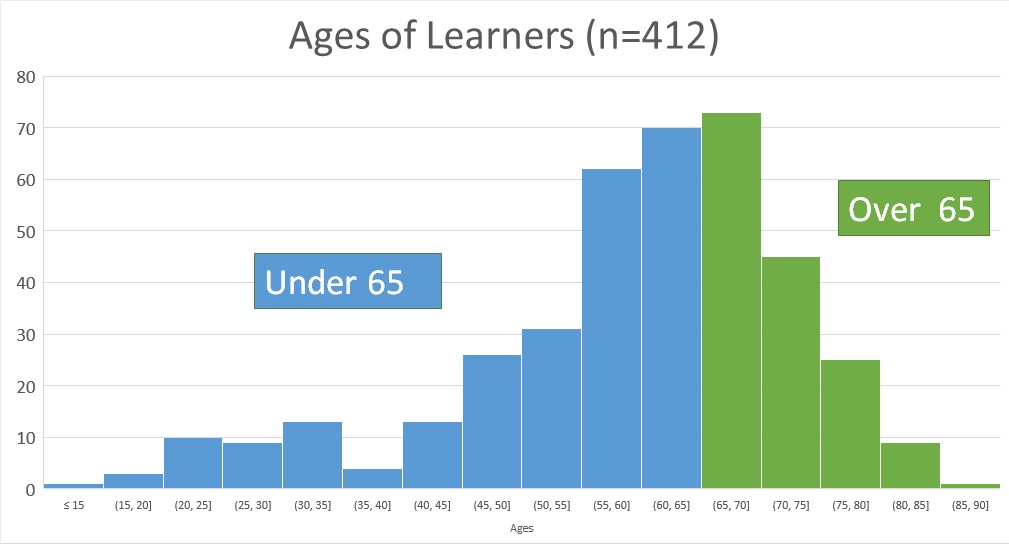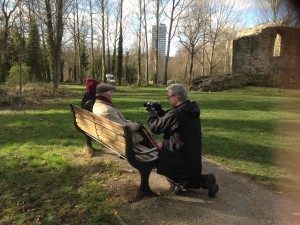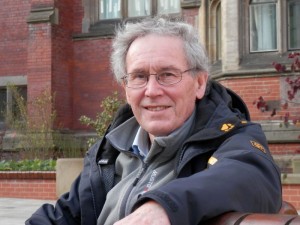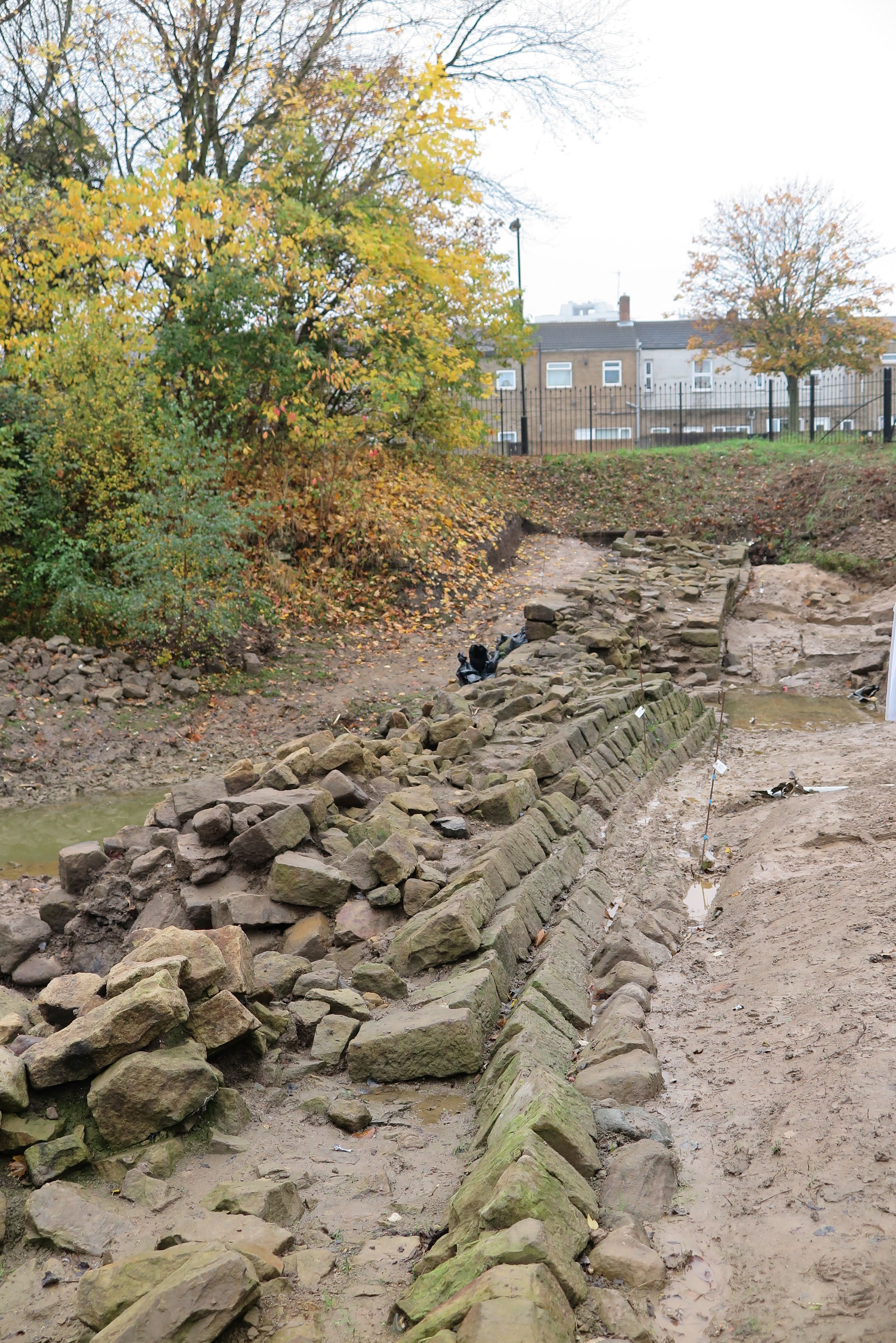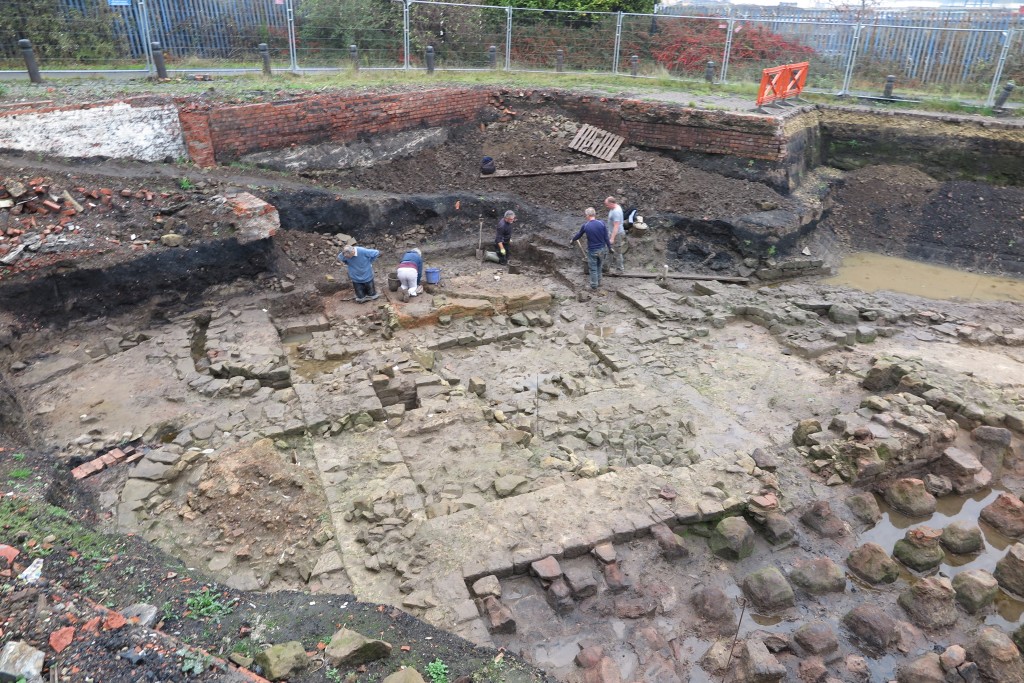This September sees an opportunity to take part in our Ageing Well: Falls course, the third time we have delivered the course on FutureLearn.
Looking back at our previous two courses, it is a real pleasure to see how engaged and enthusiastic our learners were with the course materials. Learners worked together as a community and participated in discussions, activities and quizzes, creating an active and supportive learning environment.
Should this be a surprise? Well not really, we know that FutureLearn have been working hard to “pioneer the best social learning experiences for everyone” and our course shows that this still holds with an older audience.
In the UK, only 9% of people aged over 65 and 36% of those aged 55-64 used a computer on a daily basis when surveyed in 2006. But by August 2014, these figures had risen to 42% and 74% respectively. Of particular relevance to our Ageing Well: Falls course, is that when older people use the Internet, one of the main reasons is to seek health information. 1, 2
Data from our course also helps to show that older people engage with online learning. The graph below shows the age distribution of 412 people who volunteered their age during one of our activities. The oldest learner completing this activity was 87, showing that you are never too old to learn!
As before the course will be facilitated by Dr James Frith, and colleagues from the Newcastle Falls and Syncope service. You can sign up at www.futurelearn.com/courses/falls
- Office for National Statistics. Internet Access – Households and Individuals: Statistical Bulletin; 2014.
- Morrell RW, Mayhorn CB, Bennett J. A survey of World Wide Web use in middle-aged and older adults. Hum Factors 2000;42(2):175-82.


